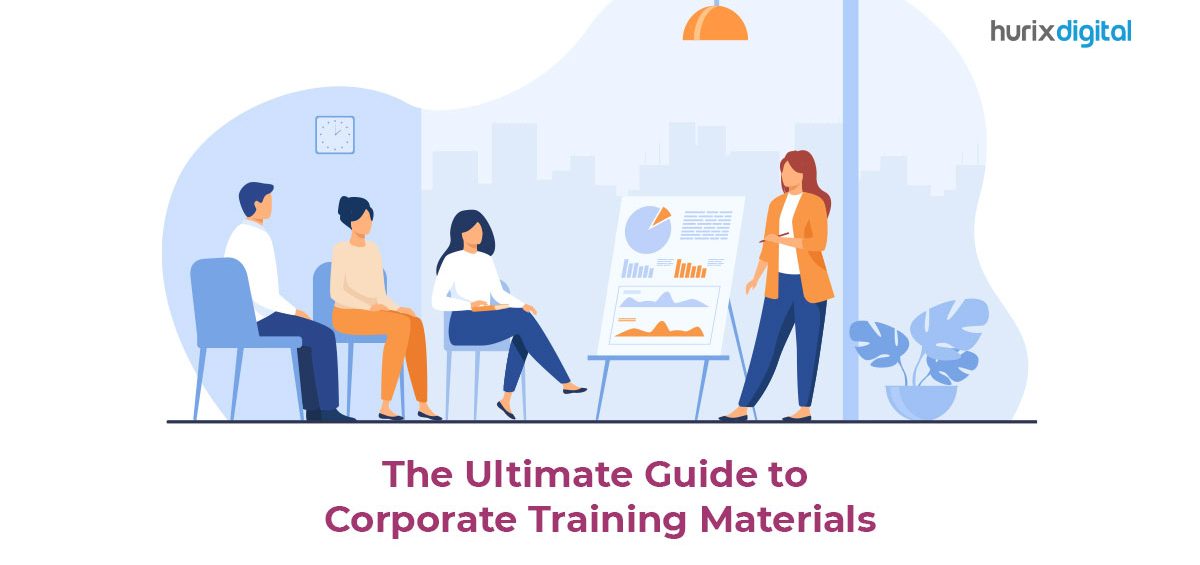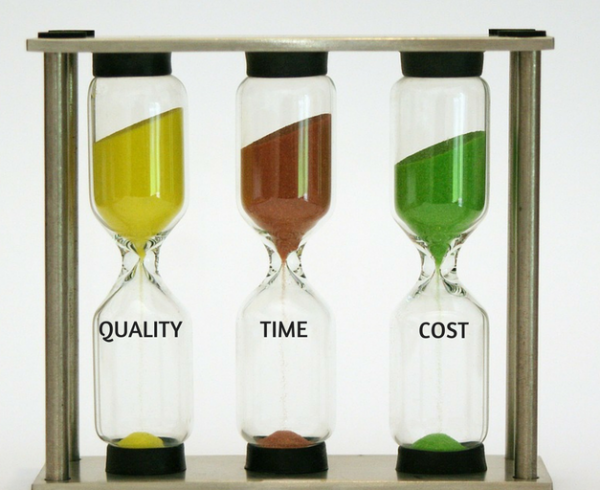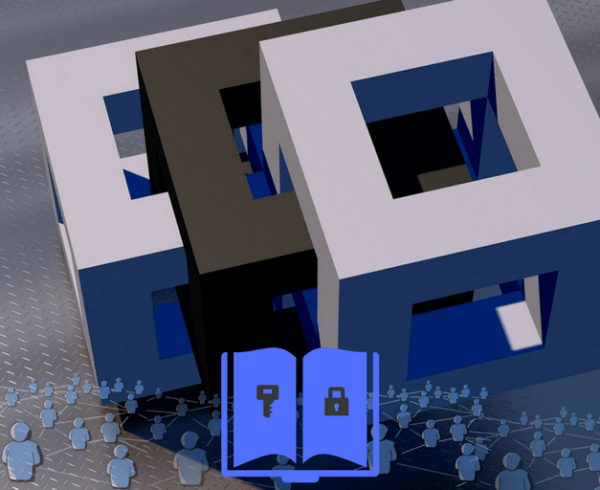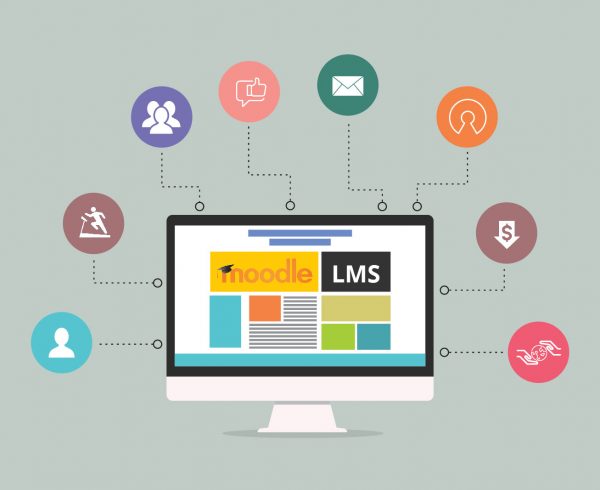Corporate training materials play an essential role in ensuring the success of an organization. They provide employees with the necessary skills and knowledge to perform their job responsibilities effectively.
However, designing and implementing effective training materials can be daunting for organizations. This article will provide you with the ultimate guide to corporate training materials.
Understanding Corporate Training Materials
Corporate training materials are educational resources designed to enhance the skills and knowledge of employees. These materials can be used to train employees on company policies, procedures, and systems.
They may include e-learning courses, instructional videos, job aids, webinars, manuals, and presentations.
Benefits of Effective Training Materials
Effective training materials provide several benefits for employees and organizations.
Improved Productivity
Employees who are trained on company policies, procedures, and systems can perform their job responsibilities more efficiently and effectively.
This leads to improved productivity and reduces the need for supervision and support.
Enhanced Employee Engagement
Training provides employees with the necessary skills and knowledge to feel confident in their roles.
This can result in increased employee engagement, as they feel valued and empowered within the organization.
Compliance With Regulations
Training ensures that employees know the regulations and standards related to their job responsibilities. This reduces the risk of compliance issues and avoids costly fines or legal problems.
Cost Savings
Effective training can lead to cost savings for the organization.
Employees trained on the latest technologies, software, and best practices are less likely to make mistakes, resulting in fewer errors and improved customer satisfaction.
Improved Retention
Providing training opportunities demonstrates that the organization is invested in the professional development of its employees.
Increased job satisfaction and lower turnover rates may result from this.
Better Customer Service
When employees are trained on customer service skills and best practices, they can provide better customer service, resulting in improved customer satisfaction and loyalty.
Designing Effective Training Materials for Employees
Designing effective training materials requires careful planning and consideration of the needs of the employees and the organization.
Identify Learning Objectives
Define the learning objectives for the training materials.
What do you want employees to learn? How will the training materials help them perform their job responsibilities effectively?
Figure these out beforehand.
Use a Variety of Formats
People have different learning styles, so it is important to provide a variety of formats for the training materials, such as e-learning courses, instructional videos, job aids, webinars, manuals, and presentations.
This ensures employees with different learning styles can benefit from the training materials.
Keep it Simple and Easy to Follow
Ensure the training materials are easy to understand and follow. Use simple language, avoid jargon, and provide step-by-step instructions.
Include Interactive Elements
Interactive elements like quizzes, simulations, and case studies can keep employees engaged and help them retain the information better.
Provide Feedback
Employee feedback is crucial to the success of a training program. Collect feedback regularly and adjust the training materials accordingly to ensure they meet the needs of the employees.
Implementing Corporate Training Materials for Employees
Implementation involves more than just creating and distributing the materials. Here are some steps to ensure successful implementation:
- Assign a Training Coordinator – A training coordinator can help manage the training program, monitor progress, and ensure all employees complete the training.
- Establish a Schedule – Establish a schedule for when employees should complete the training. This will help ensure that everyone receives the necessary training on time.
- Provide Support – Provide employees with the necessary support to complete the training successfully. This may include access to technical support, assistance with login credentials, or guidance on how to use the training materials.
- Monitor Progress – Monitor the progress of employees completing the training. This will help identify any issues or areas that require additional support.
- Evaluate the Effectiveness – After the training is complete, evaluate its effectiveness. Collect feedback from all employees and track relevant metrics, such as employee productivity, to determine the impact of the training.
By following these easy steps, employers can successfully deploy the training materials and ensure that staff members have the skills and information needed to carry out their duties.
Measuring the Impact of Corporate Training Materials
Measuring the impact of the training materials is crucial to ensure that the training program is effective and to achieve the desired outcomes. Here are some steps to follow when measuring the impact:
- Define the Metrics – Define the metrics that will be used to measure the impact of the training program. These metrics should be aligned with the learning objectives and the expected outcomes.
- Collect Data – Collect data on the defined metrics. This can include pre-and post-training assessments, surveys, performance metrics, compliance metrics, and cost savings.
- Analyze the Data – Analyze the data collected to determine the effectiveness of the training program. This can include comparing pre-and post-training assessments, analyzing survey results, and tracking performance and compliance metrics.
- Identify Areas for Improvement – Identify areas for improvement based on the data analysis. This can include adjusting the training program, modifying the training materials, or providing additional support to employees.
- Communicate the Results – Communicate the results of the data analysis to stakeholders. This can include senior leadership, the training coordinator, and employees who participated in the training program.
- Make Adjustments – Use the data analysis results to adjust the training program and improve its effectiveness.
- Evaluate the Program Regularly – Evaluate the training program regularly to ensure it remains effective and relevant. This can include conducting ongoing assessments, gathering feedback from employees, and adjusting the program as needed.
By following these steps, organizations can measure the impact of their materials and make adjustments to ensure that the program is effective and achieves the desired outcomes.
Closing Lines
Corporate training materials are essential for the success of an organization. They provide employees with the necessary skills and knowledge to perform their job responsibilities effectively. Designing and implementing effective training materials requires careful planning, a variety of formats, simplicity, interactivity, feedback, and support.
Measuring the impact of corporate training materials for employees involves collecting employee feedback, tracking performance and compliance metrics, measuring cost savings and providing follow-up training.
By following these steps, organizations can ensure their employees have the skills and knowledge they need to be successful, resulting in increased productivity, engagement, and cost savings.
Are you ready to create effective training materials to drive business growth and improve employee performance? HurixDigital can help. With our end-to-end digital learning solutions, we can design, develop, and deliver customized materials that are tailored to your organization’s unique needs.
Visit our website to learn more about our services and how we can help you transform your corporate training program today.











